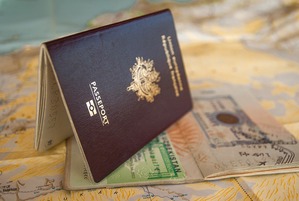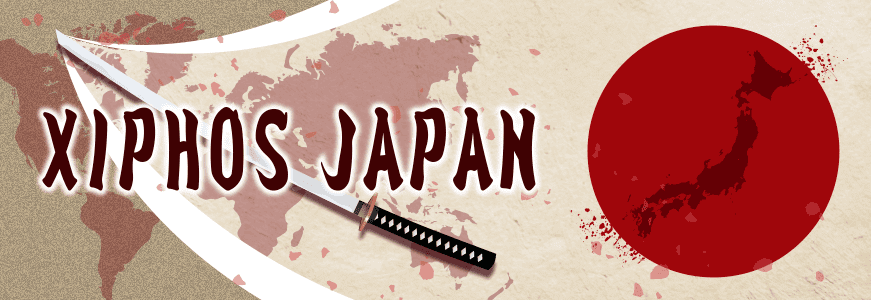 There are thousands of different types of visas. There are thousands of different types of visas. Depending on the purpose of your trip, you will need to obtain the appropriate visa.
There are thousands of different types of visas. There are thousands of different types of visas. Depending on the purpose of your trip, you will need to obtain the appropriate visa.
In the case of Australia, you will need a tourist visa (ETAS) for tourism purposes, a student visa (VISA) for study purposes, and a business visa (VISA) for work purposes.
There is also the Working Holiday, which is a great visa that allows you to visit, study and even work in Australia if you apply before the age of 30! There are also working holiday visas. These visas allow you to stay in Australia for a limited period of time, and are relatively easy to obtain if you meet the requirements.
If you want to work and live in Australia for a long time, you will need to obtain permanent residency or citizenship instead of a visa. However, citizenship means that you choose to become an Australian citizen, which automatically means that you are no longer Japanese under Japanese law, which does not allow dual citizenship.
Therefore, in reality, few Japanese people seem to choose citizenship.
Internationally privileged Japanese are not familiar with visas.
When I look at it this way, I sometimes wonder how many Japanese actually understand the exact meaning of the word “visa” when they hear it.
Except for a few expatriates, the Japanese are probably the most indifferent people in the world when it comes to visas.
I am now a permanent resident and have the right to live in Australia without any restrictions, but before I got this permanent resident status, I had a dreadful experience. When I told my acquaintances and friends in Japan about the process of obtaining permanent residency and my struggling condition, they all said encouraging things like, “That’s tough,” “Good luck,” etc. However, when I specifically told them that I was having this problem in obtaining a visa, they said, “What? But when I told them that I was facing such a problem in obtaining a visa, they raised their voices with three question marks in a row.
Why? It is because the Japanese are so blessed. I said that Japanese people are the most careless about visas in the world, and it seems that this is due to Japan’s blessed environment.
Before the war, Japan was a poor agricultural country, so the second and third sons of farmers had no land to inherit from their parents, and many of them chose to emigrate overseas as a means of earning a living. However, in today’s Japan, there are many people, including myself, who say, “I can’t make a living in Japan. That’s why I moved overseas.” There are no such people in Japan today.
Also, when Japanese people travel abroad, in most countries, they do not need to obtain a tourist visa especially for a certain period of time (3 to 6 months), and even if they do, it is provided with a simple administrative process.
Visa barrier — “I’m representing my country?
When it comes to Chinese nationality, for example, the process is not so easy.
Let’s say we are going on a trip to a certain city in Europe. Unfortunately, there are no direct flights from Japan to that city, so we had to take a transit in one of the major cities before going to our destination. In this case, we Japanese don’t need to get a visa, and in extreme cases, as long as we have a passport, we can pass through.
However, for Chinese nationals, in addition to a visa to enter the country of final destination, a transit visa may be required even if the purpose is to stay in transit for only a few hours. In total, you will have to fill out an annoying application form twice, stating in detail the length of your stay and the purpose of your visit.
In some cases, a visa will not be issued unless you also have a return ticket. A Chinese acquaintance of mine received a letter of invitation from a research facility and tried to enter Japan to participate in an international conference, but he could not apply for a visa and could not attend the conference.
To be honest, I was quite surprised when I heard that I was not granted a visa even though I had a letter of invitation from a national research institute, not a private one, even though there were some conflicting international circumstances at the time. It was a moment when I realized that I was lucky to be born Japanese.
In the next article, I will dig a little deeper into visas.







